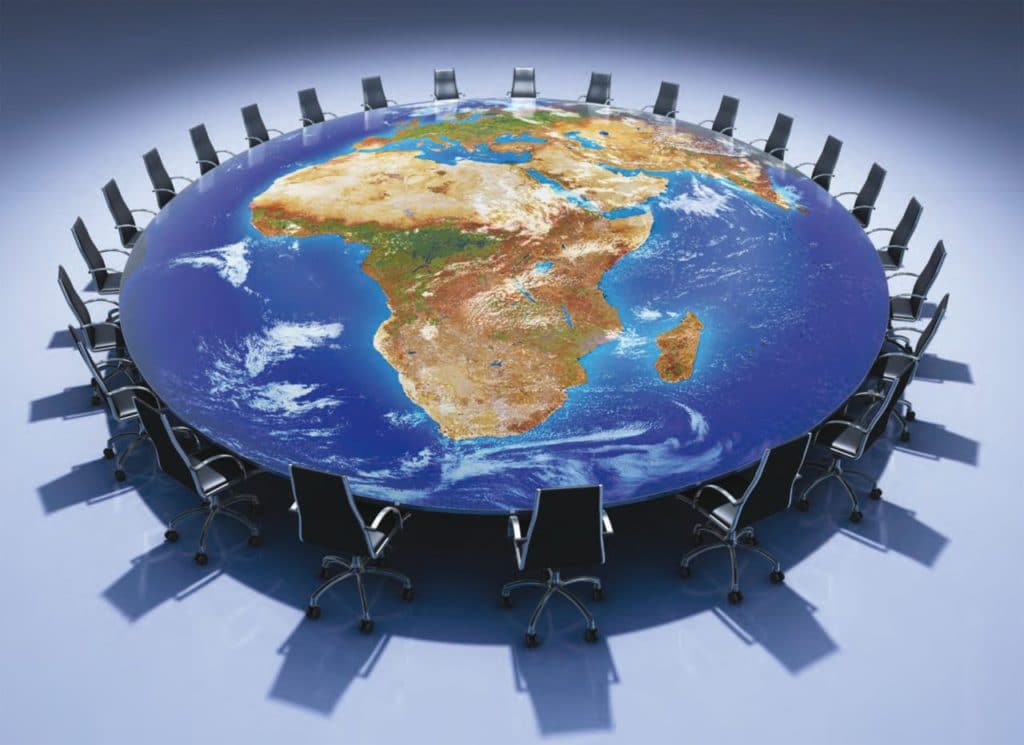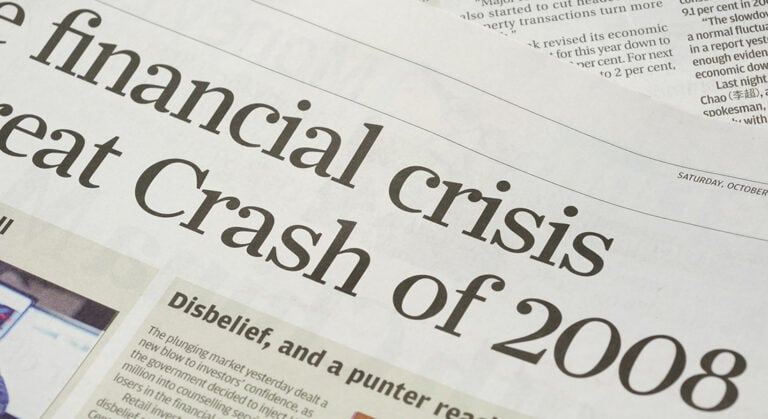Globalization is, in simple terms, a term that is based on two components: unification – a concept that characterizes the process of bringing to a single standard in the scientific, technical field; integration – the establishment of relationships between individual objects of society and phenomena.
According to the definitions, these two components have affected all aspects of the world economy, that is, the process of globalization is universal. What characterizes globalization? How does the process affect world society? Let’s look at examples.
History of occurrence
The term “globalization” was born in the works of K. Marx. Previously, before its definition by the author, the process of globalization was stimulated by the development of trade activities, military clashes. At present, it has entered a somewhat different phase: the world has begun to unite on technological and economic foundations.
The asymmetry of globalization processes lies in the fact that different states are in an unequal position. This suggests that they are not equally prepared in terms of economic, financial and military potential.

Countries whose economies are at a more developed level often set the goal of weakening developing countries. In this way, the strong penetrate into the economic markets of the weak. Developed countries expand their spheres of influence at the expense of countries that are less economically adapted. Cultural and national traditions are subject to destruction by the weak. I recall Charles Darwin’s theory of natural selection: the strongest survive on the world stage, relegating weaker, undeveloped countries to the background.
Globalization in the economy and economy by examples
Before giving an example, consider the pros and cons of globalization in the economic sphere.
Pros of globalization:
- Globalization of the world economy forces states to integrate into each other, creating favorable and competitive conditions.
- The globalization of the economy is always its development.
Cons:
- Economic globalization is fraught with the risk of eliminating national characteristics in the cultural sphere.
- Following one brand of goods: McDonald’s is loved in all countries, BIG pens are known, the use of the SONY brand in gadgets.
- Decrease in national production as a result of the existing algorithm of consumer behavior, which is acquiring the character of a need.
In politics and government
As an example of modern globalization in politics, we cite the European Union. In this union there are features inherent in the unifying concept. Countries that are members of the EU are closely interconnected economically.
This circumstance allows them to develop normally, in a healthy environment of competition. It is no secret that the political situation between the members of the union is not as unambiguous as we would like, however, as far as possible, countries try to take into account the interests of each of them. Contradictions related to the cultural and territorial sphere are rare. However, the EU has a lot of unresolved issues. There is still work to be done on them.
In culture
The concept of globalization in terms of culture (examples):
- Transformation of the globe according to the idea of M. McLuhan into a global village. This means that millions of people, thanks to the media, are witnessing events taking place in different parts of the planet.
- Introducing people living on different continents to the same experience. For example, concerts of a famous singer with tours, the Olympic Games.
- Acquaintance with the way of life of other countries (educational tourism).
- Formation of the language of international communication, English.
- The spread of unified computer technologies, the Internet.

It is worth noting that globalization in the modern world is often identified with Americanization. This is due to the fact that the influence of the United States in the second half of the 20th century became especially noticeable. Hollywood is famous and popular, releasing most of the films going on in the world. The manifestation of globalization is expressed in the presence of global corporations, in particular, Microsoft, Coca Cola, Pepsi, etc. McDonald’s, thanks to its worldwide fame, has become a symbol of globalization. A striking example of globalization is that The Economist magazine, comparing prices for big magic in different countries, analyzes the purchasing power of national currencies according to this survey.
Opponents of Americanization say that the consequences of such globalization will be expressed in the disintegration of national cultures, their demoralization, and the planting of pseudocultures on national soil. The ideological pillar of the Americans is the creation of a unipolar world.
In Society – Global Society
The global society is the concept of a human society that unites all of humanity, all the inhabitants of the Earth and the societies of all countries of the world (local societies).
Globalization in social science is a term that is closely related to the concept of Society. According to some experts, a global society is just being formed, or has recently been created. According to the position of other scientists, this society was from the very beginning, from the emergence of mankind. But it did not pay the necessary attention to the processes of globalization.
People who have an idea about the main religious trends, the concept of a global society, often find its analogues in the provisions that were expressed by various people within the framework of beliefs and teachings.
For people who believe in God, he is the Creator of all mankind. In Christianity, Buddhism, and other religions, humanity is of great importance, as well as the community of people scattered all over the globe.
In China, in ancient beliefs, questions that humanity has been asking itself for many centuries are identified with the Universe, using a common living space and human society. It exists within the space of the Universe, which the Gods created.
The idea of a global society, its comprehension and the life of people within its framework as a single whole has a history stretching for many centuries.
Consequences of the globalization process
The definition of globalization is very ambiguous. Signs of globalization can be both positive and negative.
Let’s look at examples:
- The creation of global institutions, such as the WTO or the IMF, boosts trade. But the disadvantage of globalization is that these giants interfere in the national affairs of other states. Thus, sovereignty is violated. The problem of globalization also lies in the fact that, by issuing loans and offering financial incentives to some states, VTB, MFOs demand the execution of their instructions in return.
- Universal competition leads to the creation of new, better products. But there are also pitfalls here. Corporations that have proven themselves in the market, there is a demand for their products, do not allow new businesses to get on their feet. In developing countries, the globalization of the world economy leads to the decline of small businesses that are unable to measure their strength with business sharks.
In addition, the growth of competition is characterized by infringement of the rights of workers. In an effort to survive in difficult economic conditions, countries are demanding the simplification of labor laws. Amendments made to the laws allow the use of part-time work, contract work, etc. Employees are deprived of labor rights: they are left with only duties.
Globalization is an irreversible process, a new stage in the world economy. Globalization has been greatly influenced by the financial market. Mankind has learned to make money by playing on the stock markets, issuing loans.
The disadvantages inherent in the financial market can also be attributed to the factors of the globalization process. In 2009, the world saw the mortgage crisis in America. This led to a decrease in world production, the bankruptcy of enterprises, and an increase in unemployment.
Consider the pros and cons of globalization on the example of the economy.
Positive features of globalization:
- Improvement in the development of scientific and technological progress.
- Developing the economy, increasing productivity, improving the quality of goods, economic growth.
- Reduce surges and shocks in the economy.
- All entities on the market are interested in international trade. This speeds up the globalization process.
- Introduced new technologies in all types of globalization increase labor productivity.
- The positive effects of globalization include the ability of Third World countries to revitalize their economies.
Negative features of globalization:
- The decline of industry;
- Increase in unemployment;
- Monopolization of the economy;
- The rise of the speculative economy;
- The gap between leading Western and developing countries is widening.











